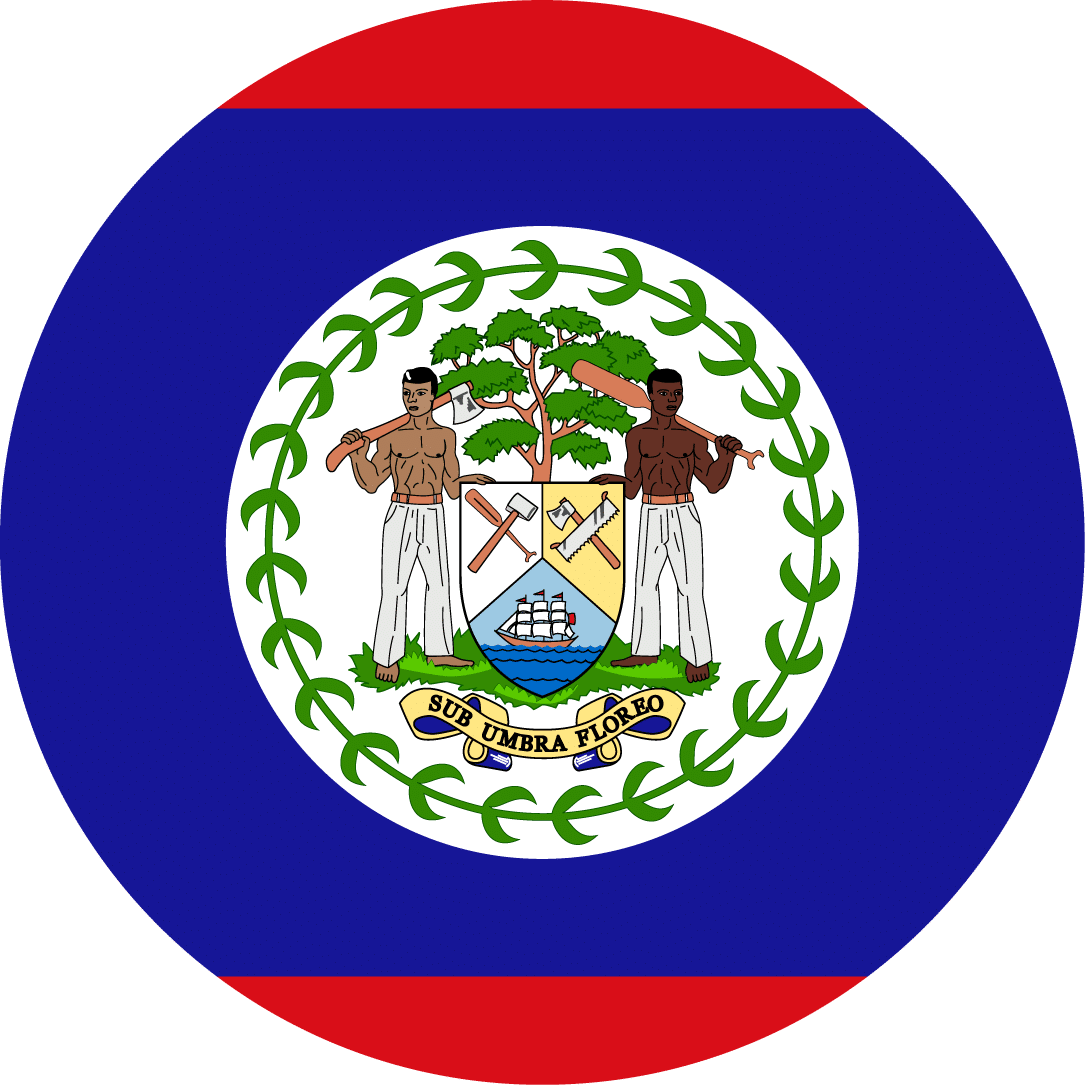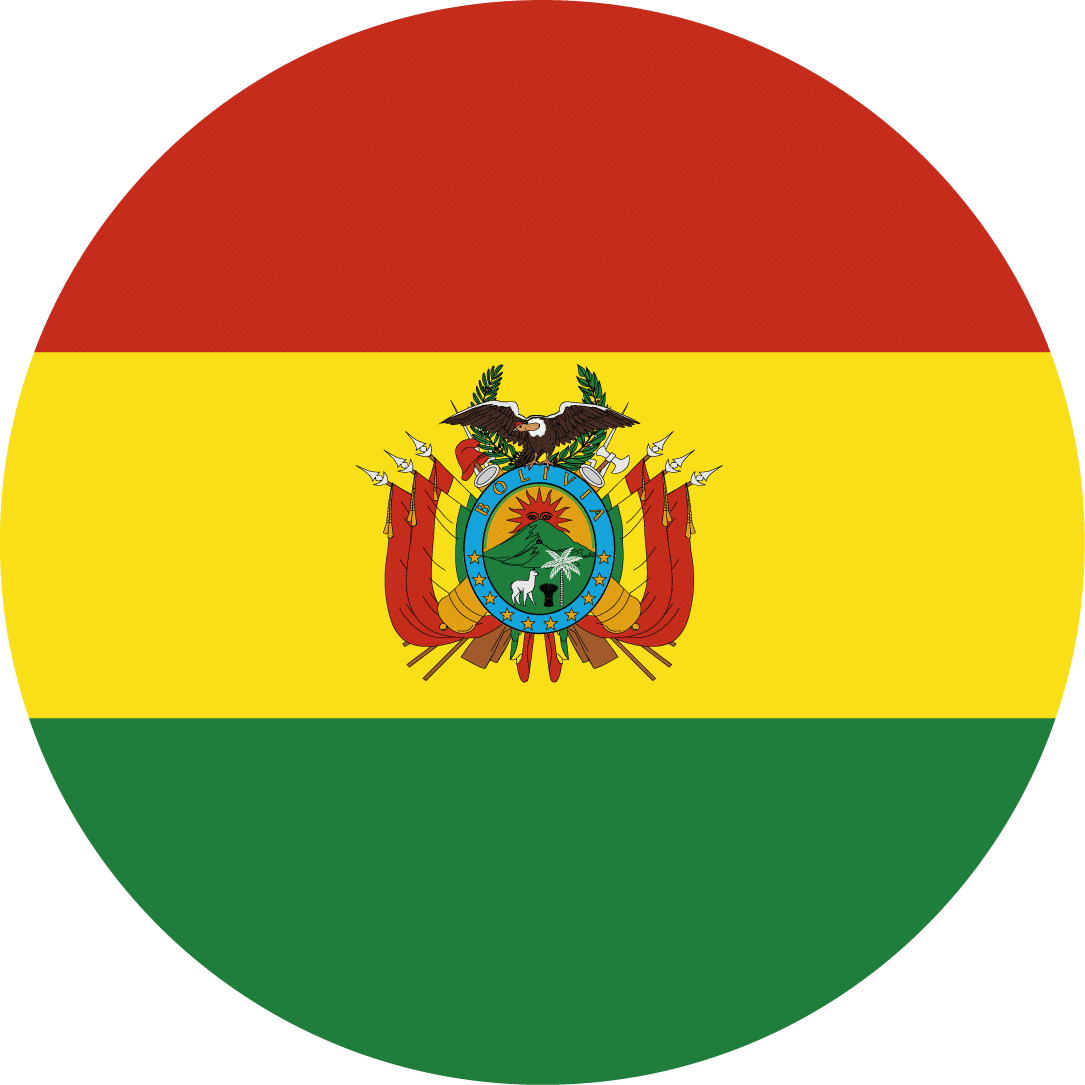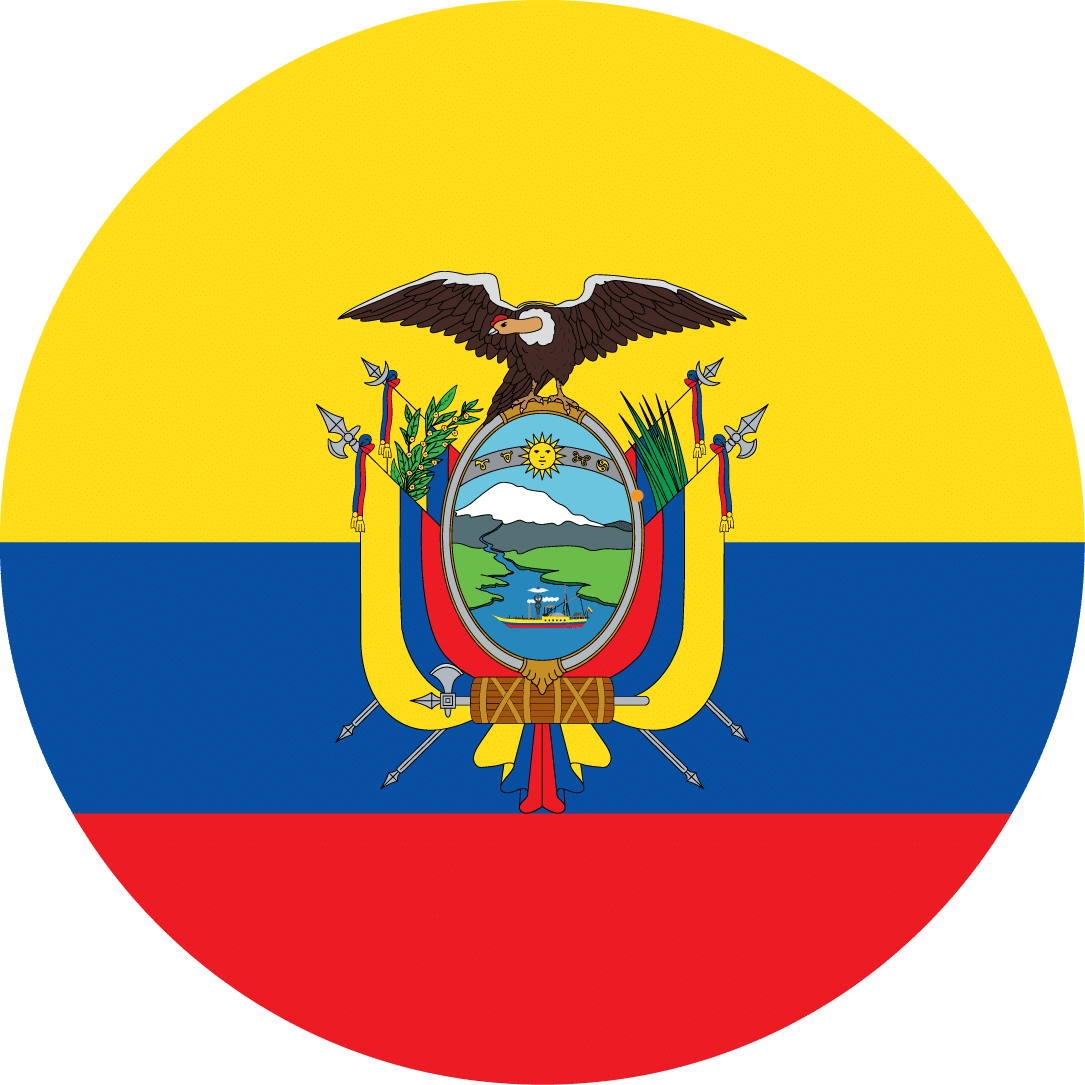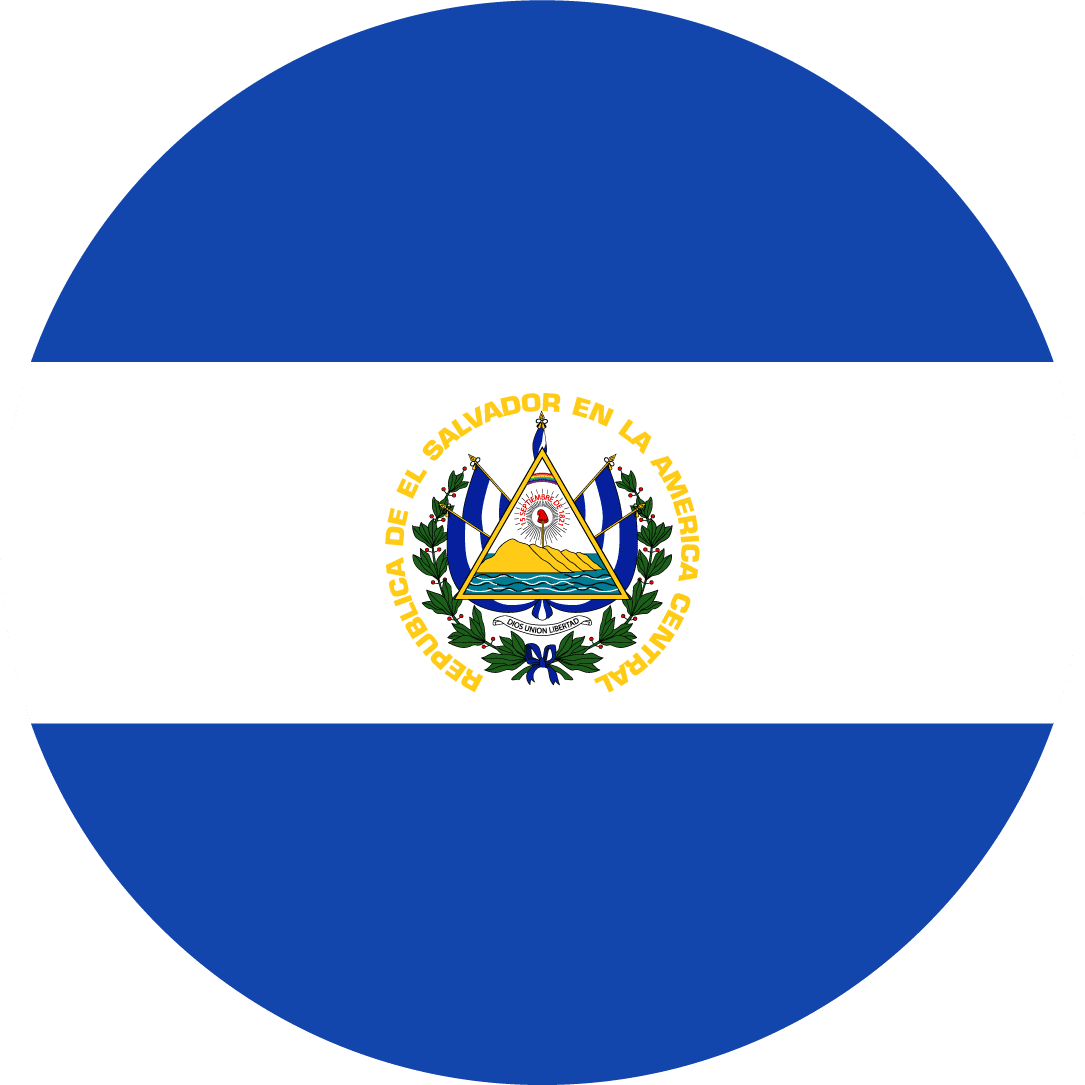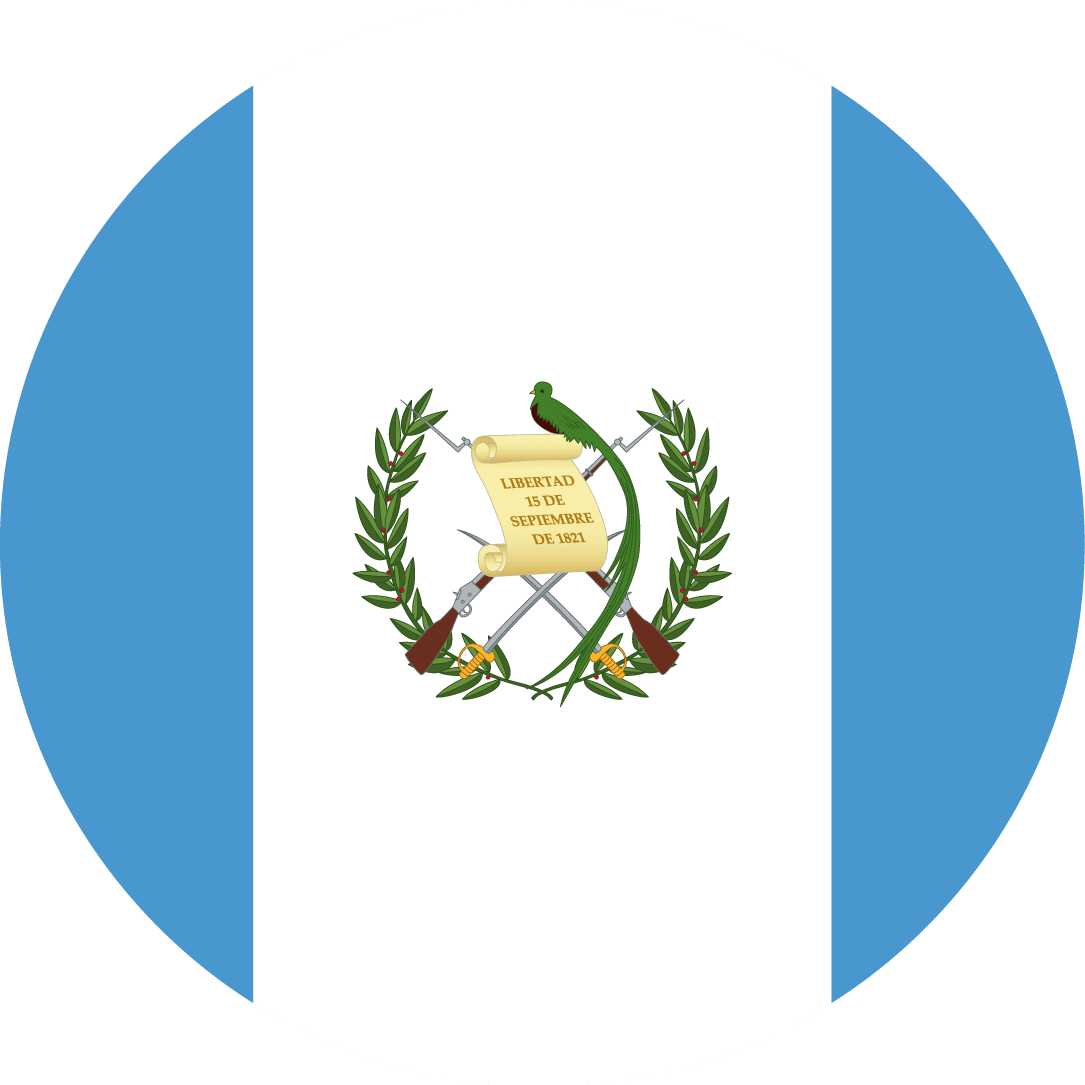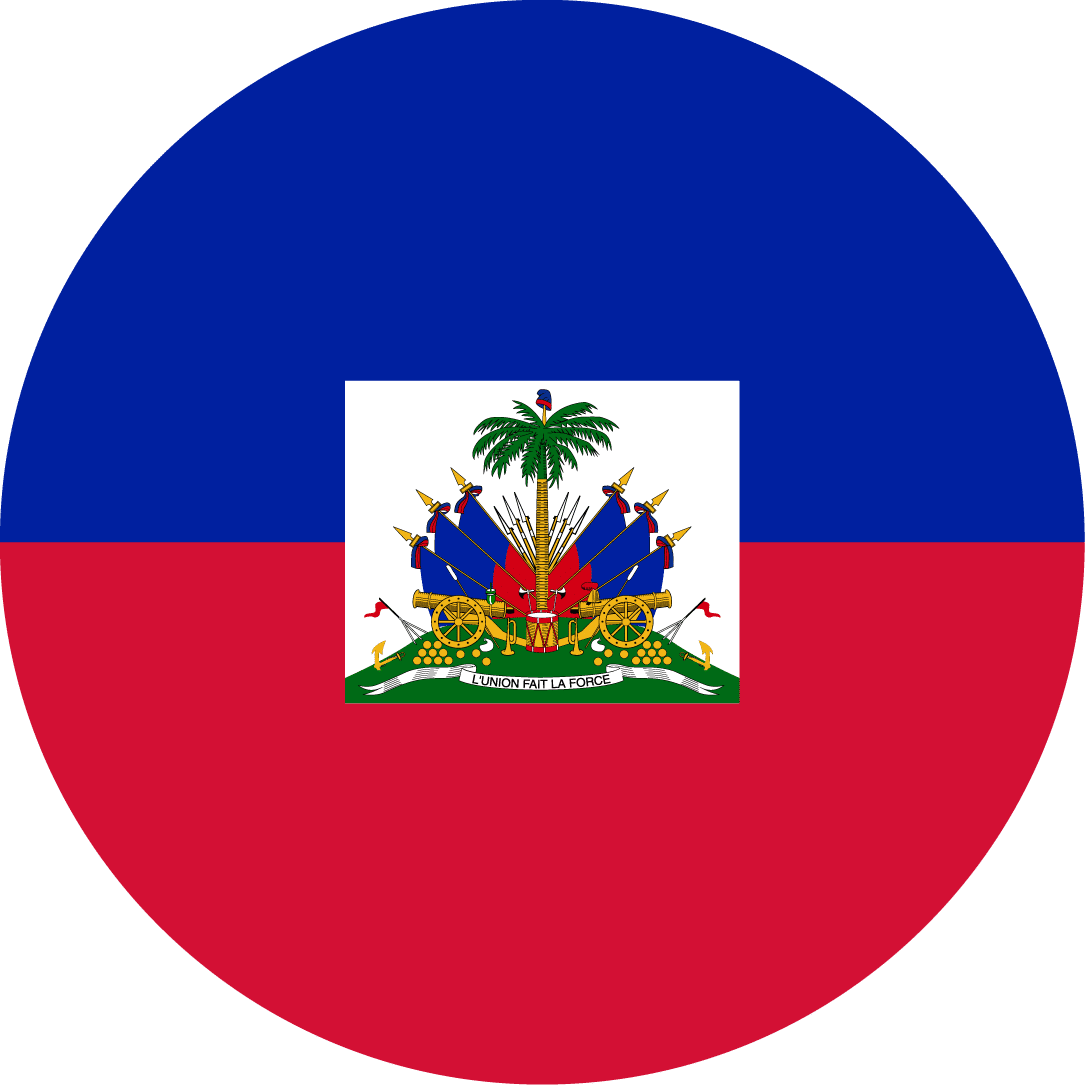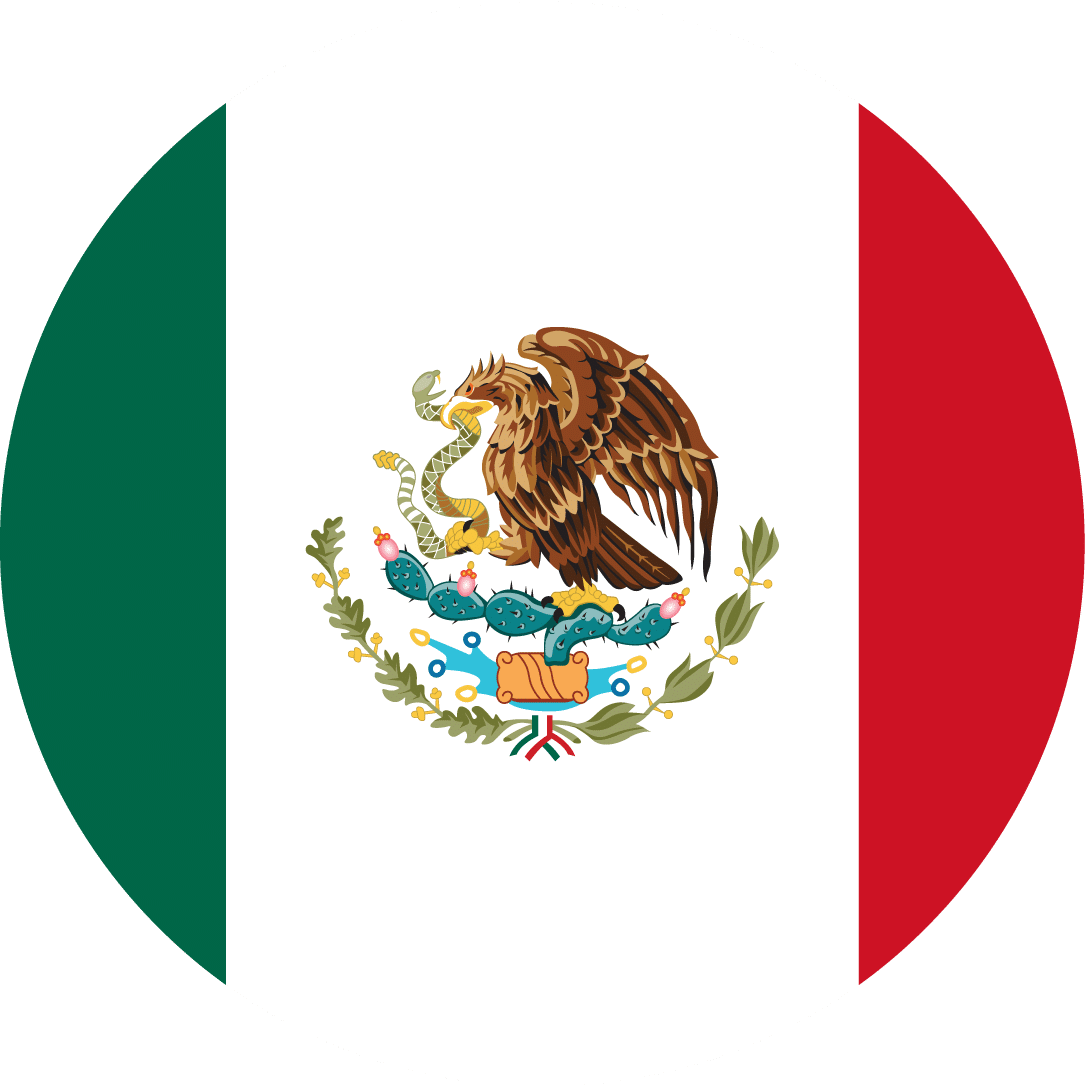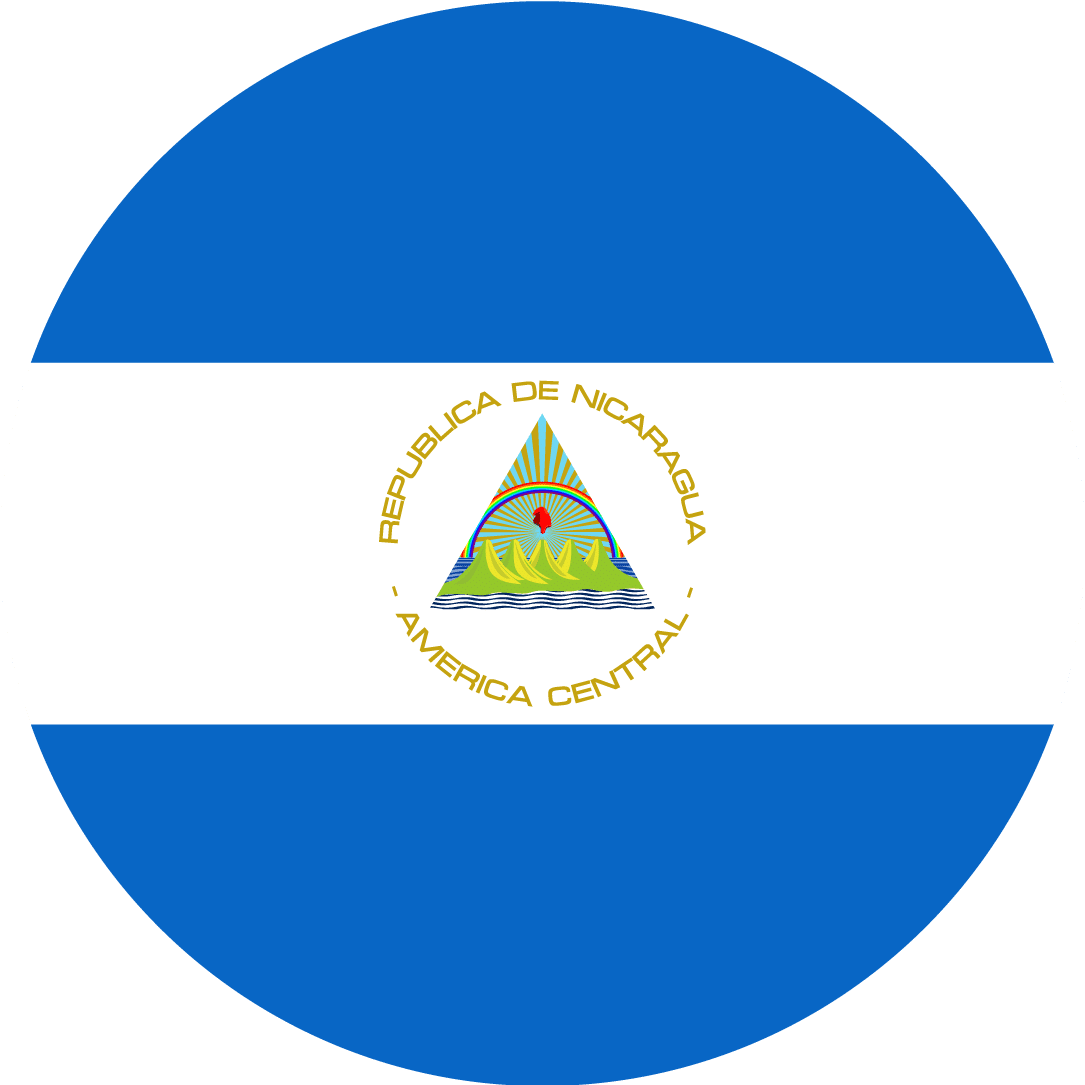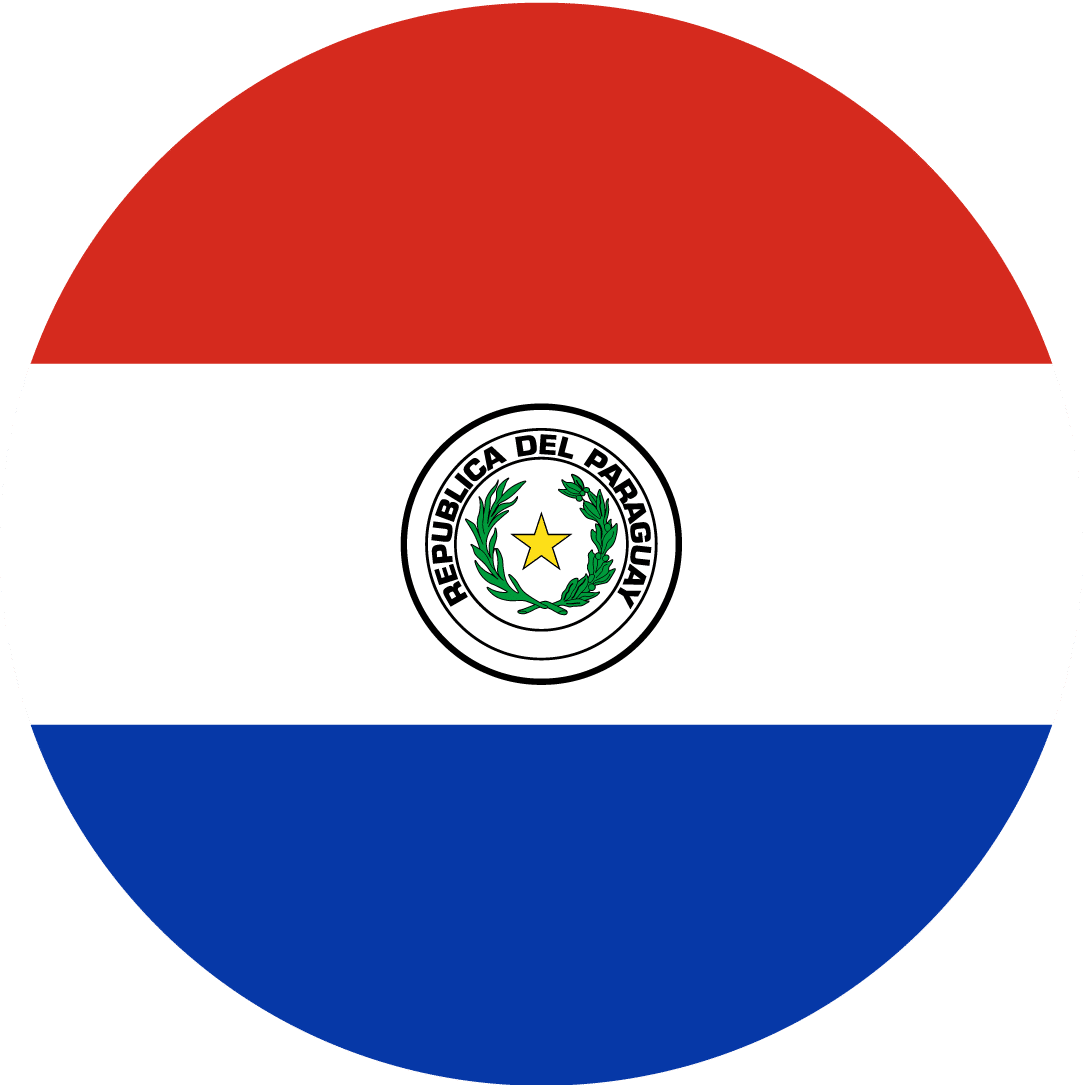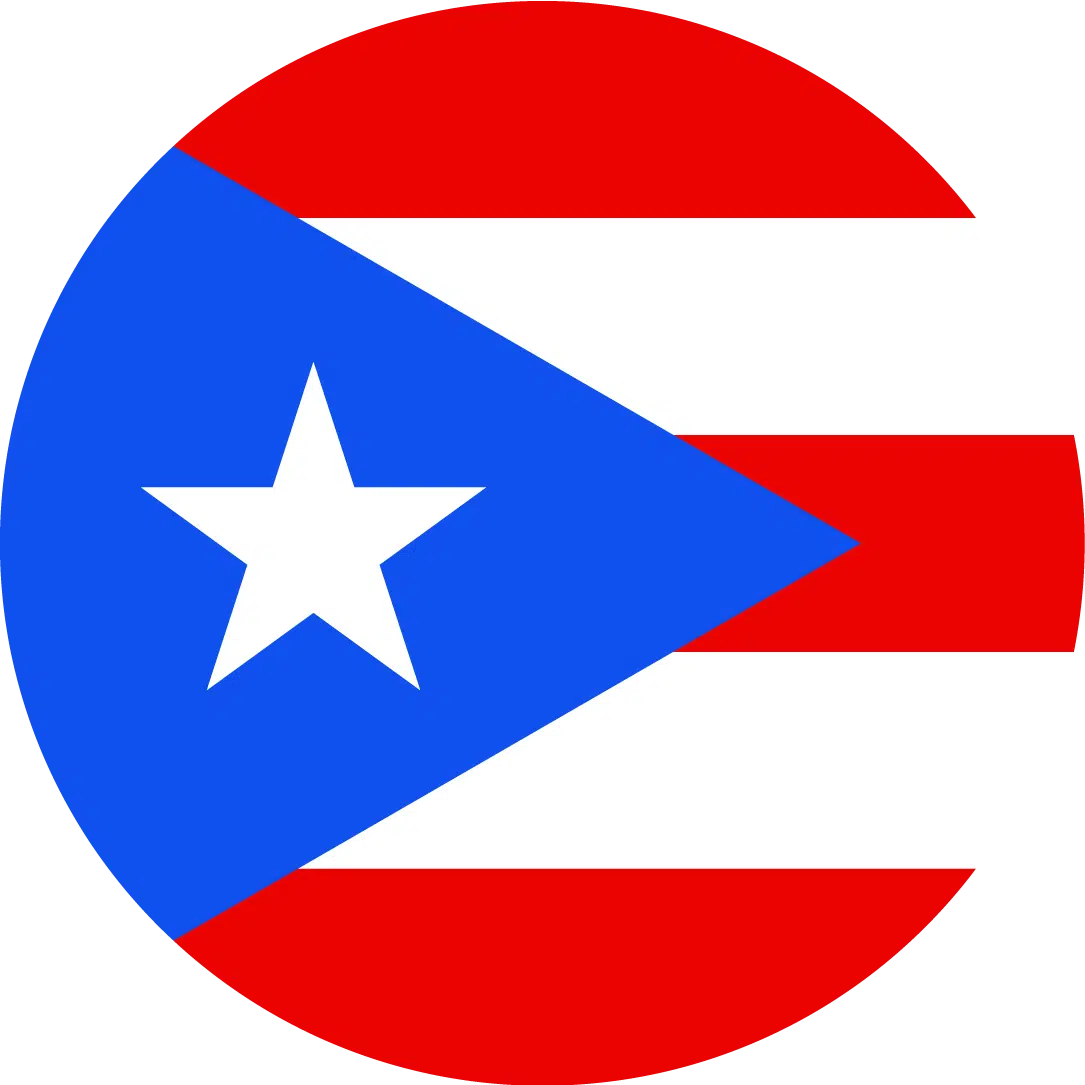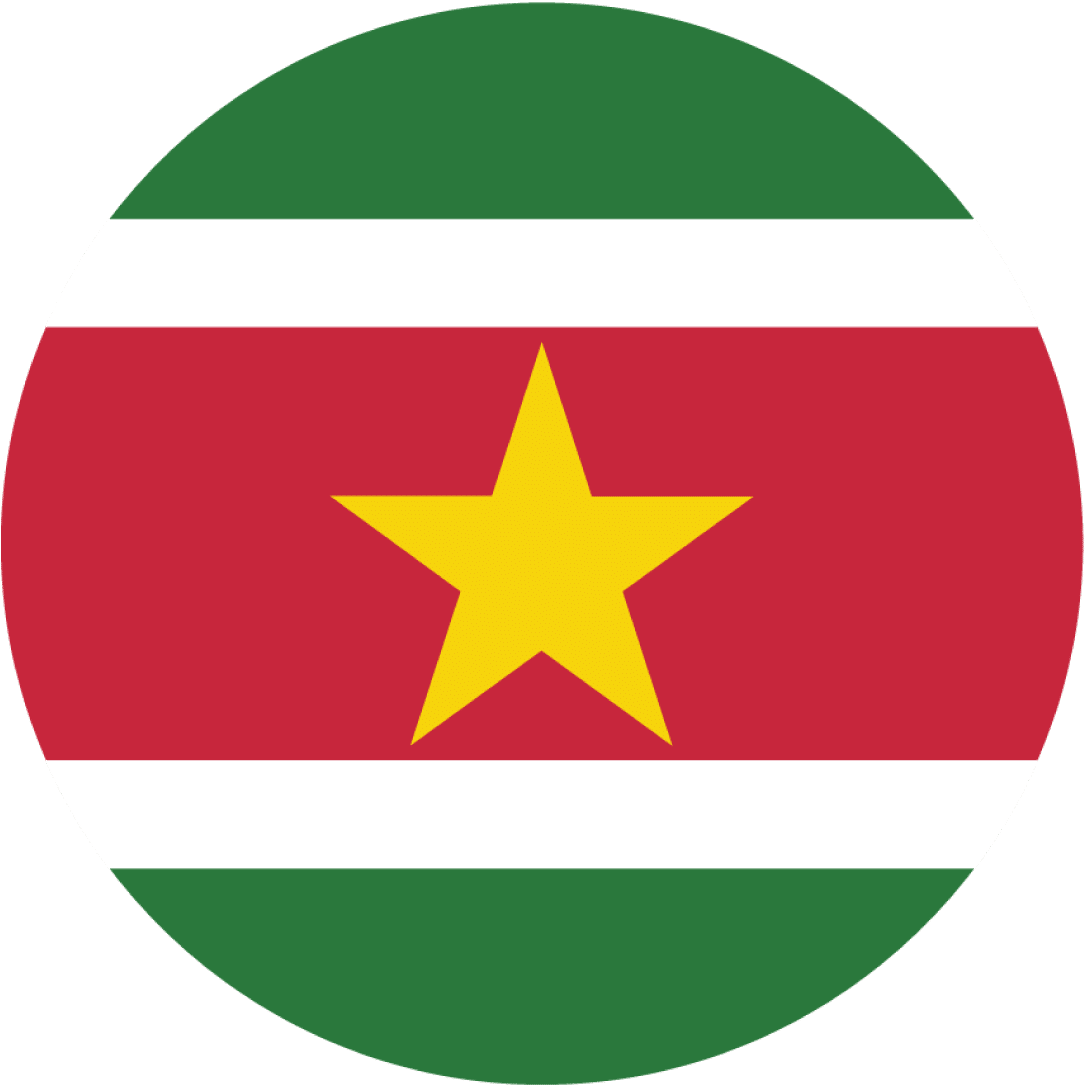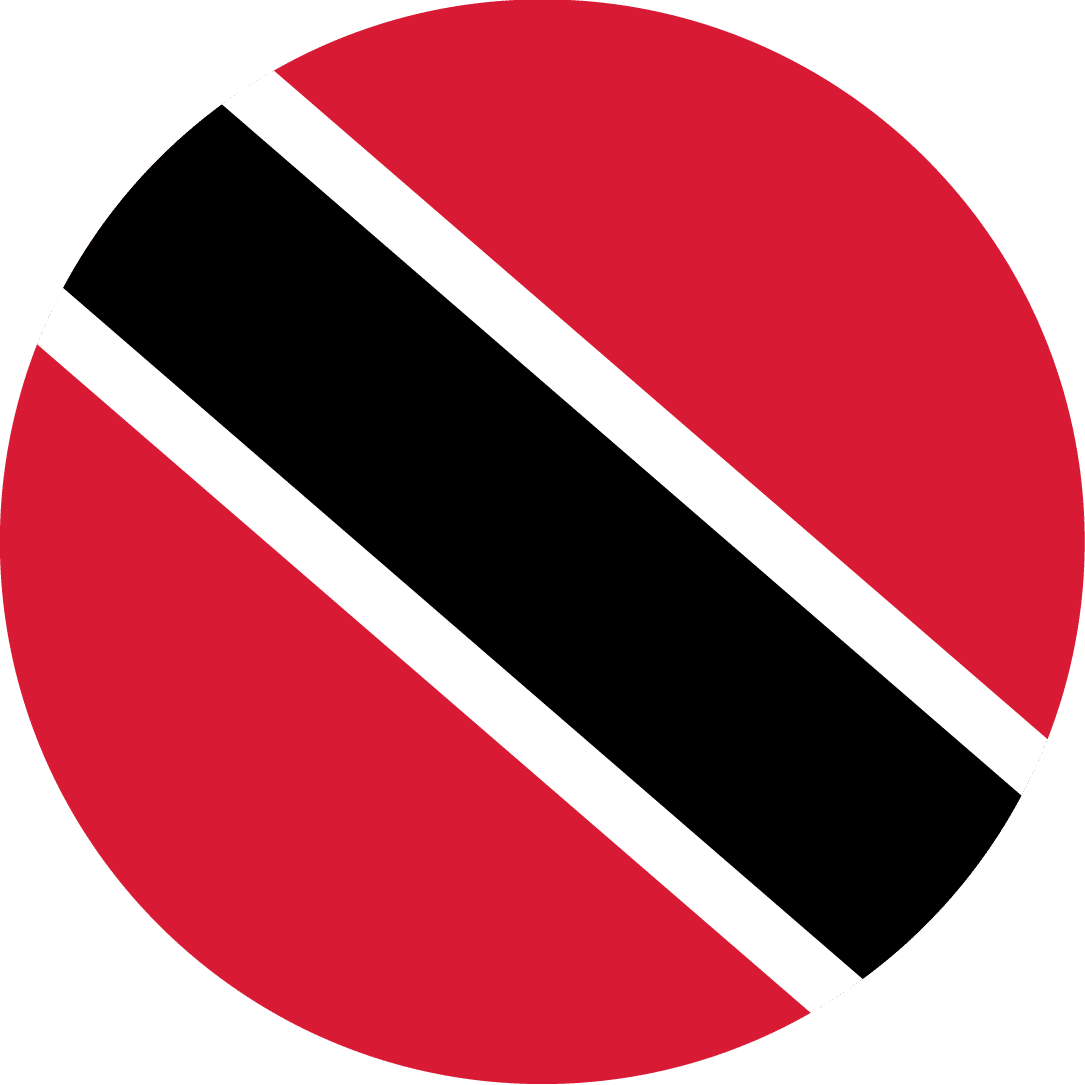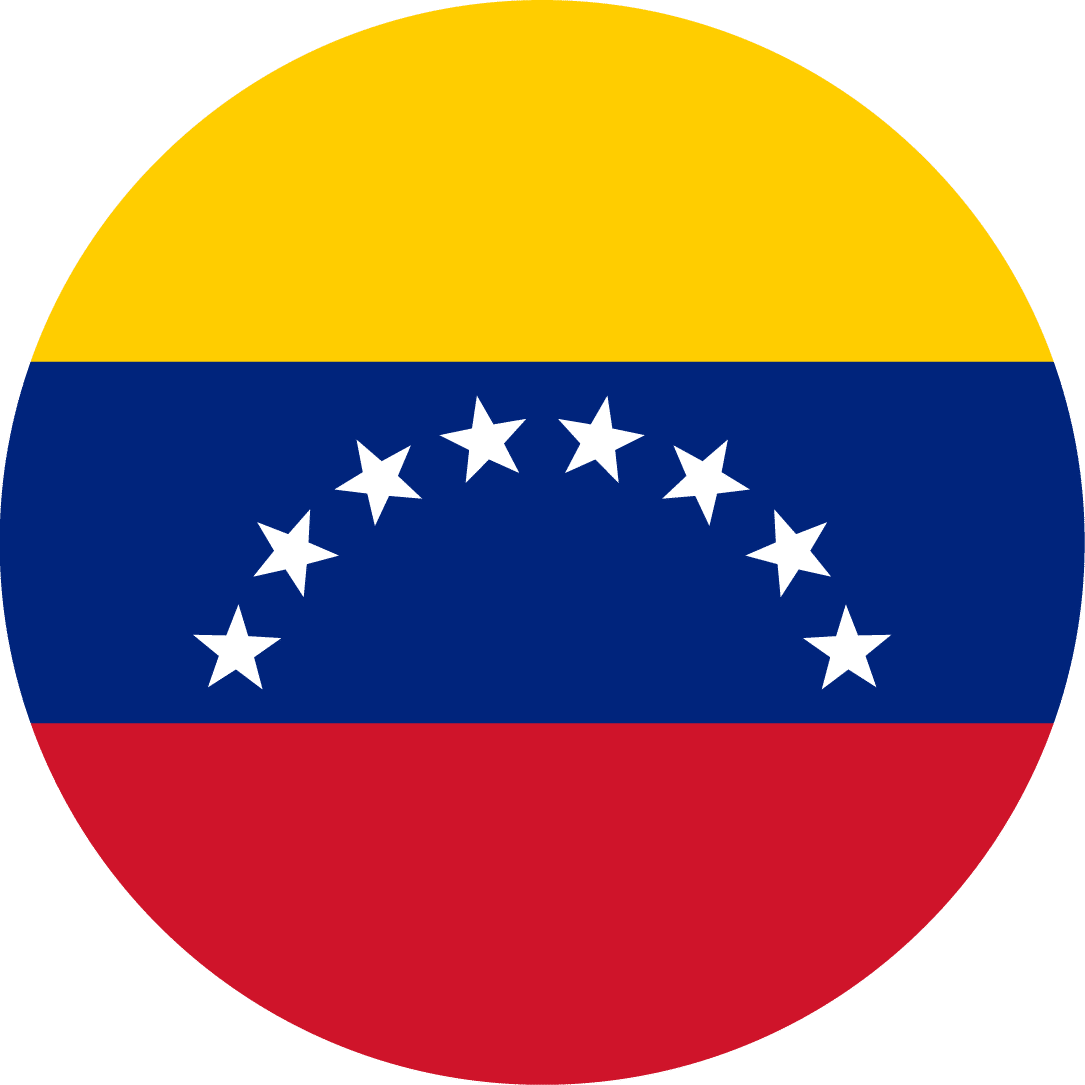In the realm of global mobility, the influence of Latin American elections is profound. Political dynamics shape the region’s trajectory and impact various areas such as the economy, culture, and society. In the corporate realm, they affect how companies, investors, and projects operate. These effects can differ depending on performance and may touch upon objective economic factors and internal dynamics like personnel management and talent acquisition/retention.
- Visas and immigration regulations.
- Commercial agreements and international treaties.
- Fiscal and economic policies.
- Immigration policy and national security.
- Labor and employment policies.
Latin American Presidential Elections
Let us examine the Latin American countries poised to hold presidential elections in the year 2024 or those that have already done so within the past year:

• Guatemala (June 2023)
Following the elections in late 2023 and the new government’s inauguration in early 2024, changes in authorities have impacted immigration processes. Due to administrative adjustments, response times, especially for residency processes, could extend up to 4 months.
• Argentina (October 2023)
The country witnessed radical political changes following the 2023 elections, leading to measures impacting various sectors. Economic dynamism and controversial tax and exchange rate policies affecting foreign investments have been notable. Despite real estate market challenges, modernization efforts have improved immigration processes in efficiency and accessibility.
• El Salvador (February 2024)
The Central American nation has significantly broadened its perspective on foreign investment, embracing economic trends prevalent in the region that have garnered substantial interest from businesses. This approach has been instrumental in fostering the country’s socio-economic development while concurrently bolstering security measures, resulting in a notable reduction in crime rates. Following a recent reelection, the government has remained steadfast in its continuity of policies established over the past four years, thus engendering expectations of a continued trajectory. Notably, the incumbent president has publicly articulated intentions to incentivize nationalization for skilled professionals seeking to contribute to the nation’s advancement; however, formal enactment of such measures is pending.
• Dominican Republic (May 2024)
The island maintains relative stability in public administration dynamics, fostering certainty for international projects and personnel relocation. This stability has spurred foreign investment, particularly in agriculture and tourism, positioning it as a favored destination from an international perspective.
• Panama (May 2024)
This year’s presidential elections have subtly impacted the real estate market, resulting in slight offer price decreases. Additionally, there are minor delays in immigration processes for some visas, with the potential for increased response times should there be a change in executive leadership.
• Mexico (July 2024)
The nation has experienced significant economic development, largely driven by local projects and nearshoring with the United States. Despite international relations challenges, stability persists in currency fluctuation and the real estate market. Positive forecasts for international corporate mobilization are anticipated, notwithstanding upcoming presidential elections.
• Venezuela (July 2024)
The country’s economic situation has been volatile in recent decades, marked by decreased investment and foreign trade challenges stemming from disagreements with the international community. A potential shift in political direction could alter this trend. The real estate market has been particularly affected by oversupply and low demand. Despite currency instability against foreign currencies, recent years have shown positive signs of expatriate budget stability.
• Uruguay (October 2024)
Uruguay sustains economic positivity despite political fluctuations, drawing investors with facilitative measures and fiscal benefits. Immigration processes are accessible for those seeking to settle or engage in business activities, underpinning the country’s economic activation. Stability in the real estate market further enhances its attractiveness.
Moreover, forthcoming political transitions are anticipated in the year 2025. Nations including Guyana, Bolivia, Chile, Jamaica, Suriname, Honduras, and Trinidad & Tobago are scheduled to conduct elections, potentially precipitating shifts that could further affect the dynamics within the region.

How They Challenge Global Mobility
These insights reveal the diverse impacts of political events across Latin America, highlighting the necessity for nuanced strategies in the global mobility and relocation landscape. The forthcoming political changes will profoundly shape leadership and influence throughout the region in the years ahead.
At LARM, we acknowledge the pivotal role of political events, especially in 2024, within the global mobility and relocation sector. Our team of expert Relocation specialists, stationed across 28 countries throughout the region, stands ready to assist individuals and corporations in navigating these complexities and providing seamless relocation solutions across Latin America.
